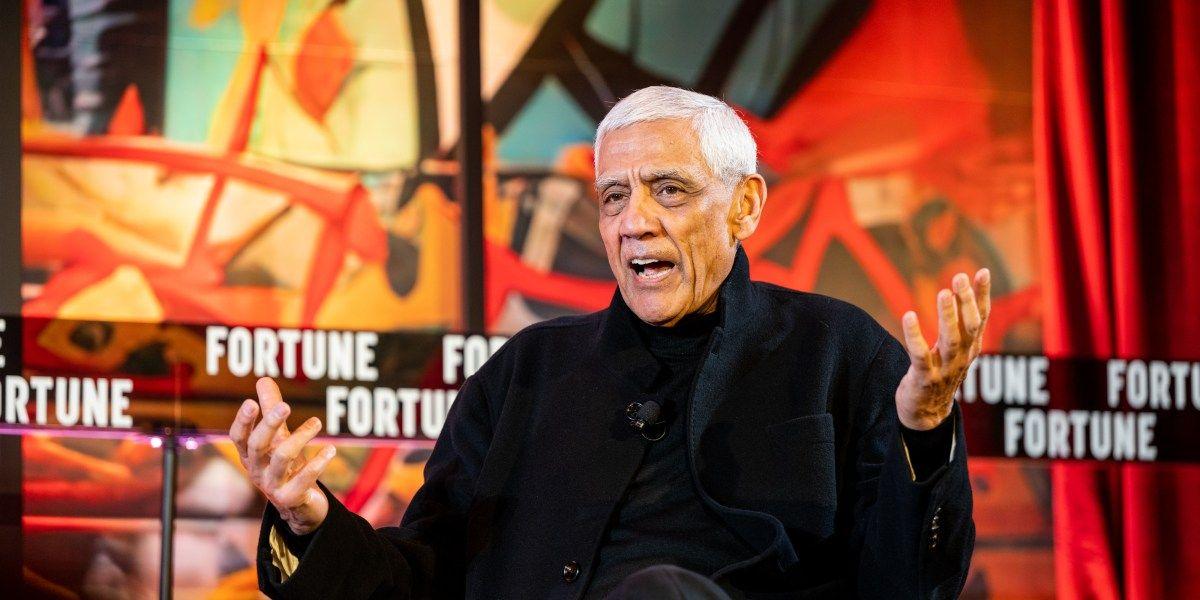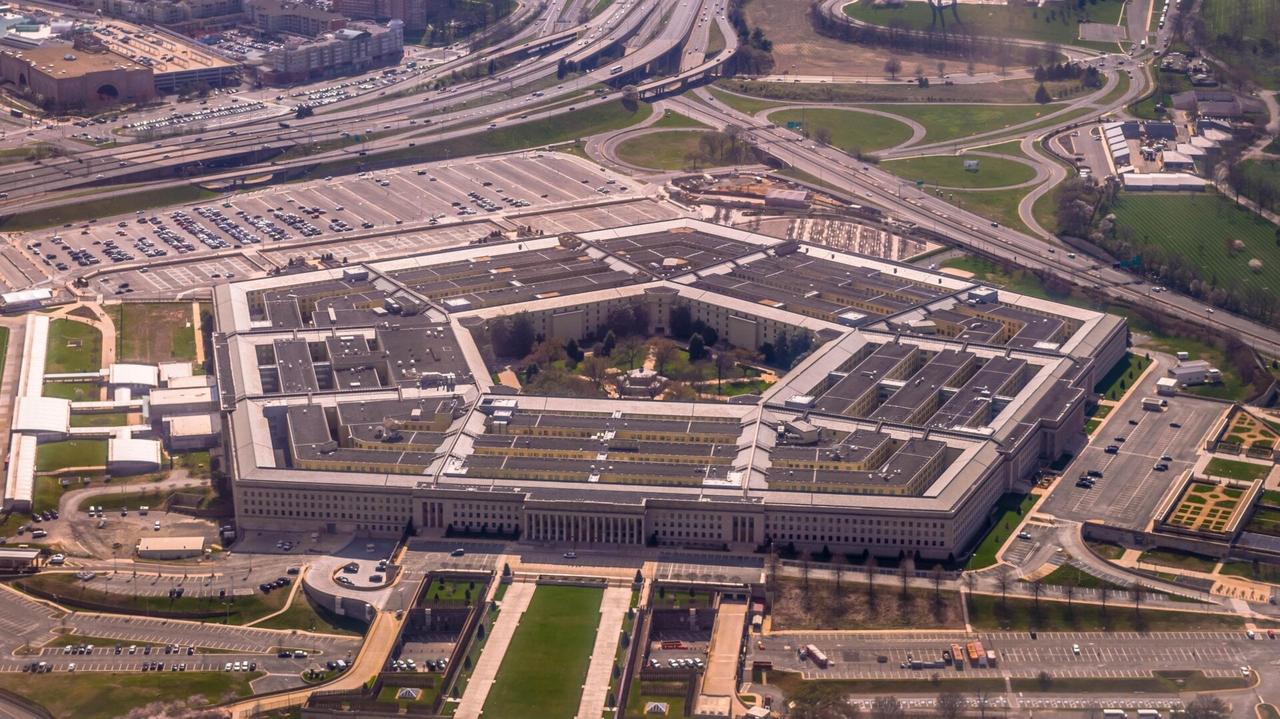Venture Capitalist Vinod Khosla Proposes Government Ownership of Public Companies to Share AI Wealth
2 Sources
2 Sources
[1]
VC Vinod Khosla says the US government could take 10% stake in all public companies to soften the blow of AGI | TechCrunch
Vinod Khosla has a bold vision for how society could be reconfigured to share the abundance created by AI technology. Speaking at the TechCrunch Disrupt 2025 conference on Tuesday, the Khosla Ventures founder suggested the U.S. government could take a 10% stake in all public corporations and redistribute that corporate wealth to the public at large. As Khosla put it, the idea was spurred by President Donald Trump's decision for the US government to purchase a 10% stake in Intel. "When Trump bought 10% of Intel, I wondered if it wasn't a good idea," Khosla said onstage at Disrupt. "Take 10% of every corporation and put it in national pool for the people. That's really interesting. Just take 10% of every public company." AI leaders have explored universal basic income proposals in the past, most notably in OpenResearch's extended study on cash payments, backed in part by Sam Altman. Still it's rare for a prominent investor to so explicitly endorse a national stake in private industry. Khosla acknowledged the controversy onstage, but said extreme proposals were necessary to sustain social cohesion through the disruption of artificial general intelligence." "I'll get critique for this idea," Khosla said. "But you know, sharing the wealth of AI is a really, really big need to level the benefits to everybody...We won't need to do it in 15 years, but we do have to take care of those people. We will, by 2035, have a hugely, hugely deflationary economy." Khosla also cautioned that the rise of AI would also displace jobs, which would require significant societal changes. For startup founders, this presents an opportunity to build, he said, noting that there's a startup in building AI for every profession, like accounting, medicine, chip design, auditing, marketing, entertainment, and more. The VC also suggested that the nature of work would change in the AI era, as the jobs that people perform today could go away. He pointed to work like mounting a tire on an assembly line or working as a farmer as "not a job that humans should have."
[2]
Vinod Khosla Calls For US To Take 10% Stake In Every Public Firm For 'Sharing The Wealth Of AI' - Intel (NASDAQ:INTC)
Venture capitalist Vinod Khosla has suggested that the U.S. government should acquire a 10% stake in all public corporations and distribute the wealth to the general public. 'National Pool' Khosla put forward this idea at the TechCrunch Disrupt 2025 conference on Tuesday. The inspiration for this proposal came from President Donald Trump's decision for the U.S. government to acquire a 10% stake in Intel (NASDAQ:INTC). "When Trump bought 10% of Intel, I wondered if it wasn't a good idea," Khosla said. "Take 10% of every corporation and put it in a national pool for the people. That's really interesting. Just take 10% of every public company." He acknowledged that this idea might receive criticism but emphasized the importance of sharing the wealth generated by AI to ensure equal benefits for everyone. "...sharing the wealth of AI is a really, really big need to level the benefits to everybody," Khosla added. Khosla, an early investor in OpenAI and the founder of Khosla Ventures, also warned about the potential job displacement due to AI and the need for significant societal changes. See Also: Jim Cramer: This Stock's 'Hot As A Pistol,' Sell Super Micro Computer Reported Quantum Stakes Talk Denied Khosla's proposal also comes in the wake of the Trump administration's acquisition of stakes in four other major publicly traded companies, to date, besides Intel, as part of a national security strategy to secure domestic supply chains for semiconductors, critical minerals, and steel. Additionally, reports earlier this month also suggested that the administration is considering acquiring stakes in quantum computing companies in exchange for federal funding. However, the Commerce Department later denied any such negotiations, as per Fox News. Mixed Reaction On Trump's Intel Stake The U.S. government's stake in Intel has been a topic of interest recently. The government's initial 10% stake in Intel was valued at approximately $8 billion. However, due to Intel's stock surge, the stake's value nearly doubled to $16 billion. This surge in value has contributed to the ongoing debate about the government's role in the tech industry. The Trump Administration's decision to acquire a stake in Intel was supported by Sen. Bernie Sanders (I-VT), who argued that if chipmakers benefit from the government's grants, American taxpayers have a right to a reasonable return on that investment. However, former Intel CEO Pat Gelsinger criticized the slow rollout of the CHIPS Act, stating that the government's equity stake in the chipmaker would only matter if it led to expanded domestic chip manufacturing. READ NEXT: Amazon, UPS And Intel Lead The Way With Layoffs: Consumer Confidence Takes A Beating As Thousands Of Jobs Face The Ax Image via Shutterstock Disclaimer: This content was partially produced with the help of AI tools and was reviewed and published by Benzinga editors. INTCIntel Corp$41.750.53%OverviewMarket News and Data brought to you by Benzinga APIs
Share
Share
Copy Link
Khosla Ventures founder suggests the U.S. government should take 10% stakes in all public corporations to redistribute AI-generated wealth, citing Trump's Intel investment as inspiration. The proposal aims to address potential job displacement and economic disruption from artificial general intelligence.
Government Ownership Proposal Emerges from AI Wealth Concerns
Venture capitalist Vinod Khosla has proposed a radical restructuring of American capitalism, suggesting the U.S. government should acquire 10% stakes in all publicly traded corporations to redistribute wealth generated by artificial intelligence. Speaking at the TechCrunch Disrupt 2025 conference on Tuesday, the Khosla Ventures founder outlined his vision for addressing the economic disruption expected from artificial general intelligence (AGI)
1
.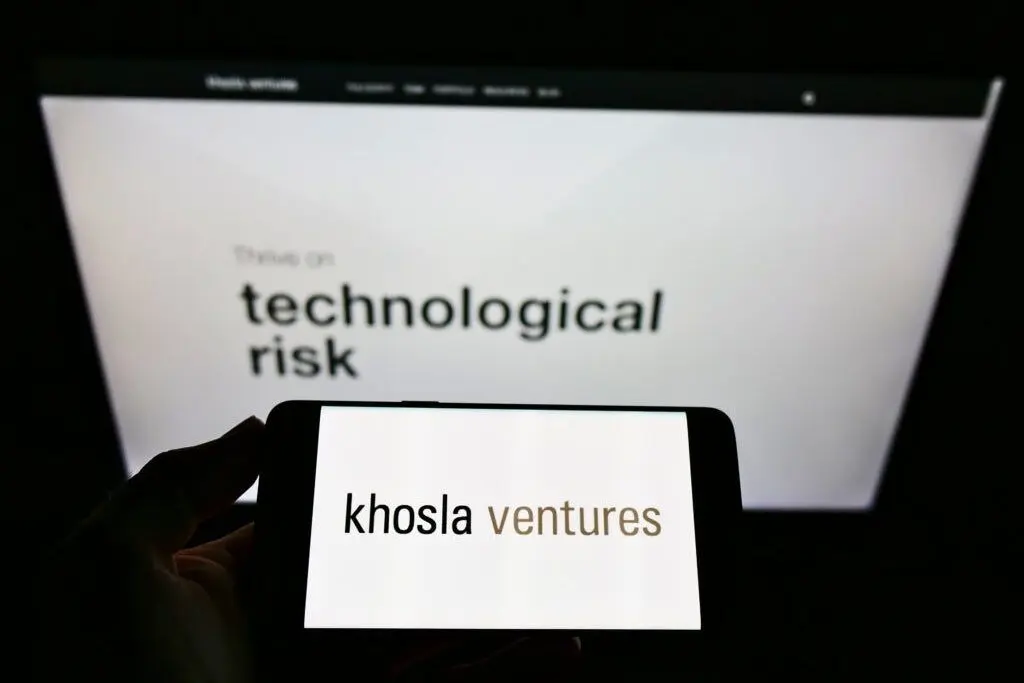
Source: Benzinga
"Take 10% of every corporation and put it in national pool for the people," Khosla said during his presentation. "That's really interesting. Just take 10% of every public company." The proposal represents one of the most explicit endorsements of government ownership in private industry from a prominent Silicon Valley investor
1
.Intel Investment Sparks Broader Vision
Khosla's proposal was directly inspired by President Donald Trump's recent decision to have the U.S. government purchase a 10% stake in Intel Corporation. "When Trump bought 10% of Intel, I wondered if it wasn't a good idea," Khosla explained to the audience
2
.The government's initial investment in Intel was valued at approximately $8 billion, but due to the company's stock surge, the stake's value has nearly doubled to $16 billion. This dramatic increase in value has contributed to ongoing debates about the government's role in the technology industry
2
.Economic Disruption and Social Cohesion
Khosla acknowledged the controversial nature of his proposal but argued that extreme measures would be necessary to maintain social stability during the transition to an AI-dominated economy. "I'll get critique for this idea," he admitted, "But you know, sharing the wealth of AI is a really, really big need to level the benefits to everybody"
1
.The veteran investor, who is an early backer of OpenAI, predicted significant economic transformation by 2035. "We will, by 2035, have a hugely, hugely deflationary economy," Khosla warned, suggesting that current economic models may prove inadequate for managing AI-generated abundance
1
.Related Stories
Job Displacement and Future of Work
Central to Khosla's argument is the expectation that AI will fundamentally reshape the job market, potentially displacing millions of workers across various industries. He emphasized that this disruption would require "significant societal changes" to manage the transition effectively
2
.For entrepreneurs, Khosla sees opportunity in this disruption, noting potential for startups to build AI solutions for every profession, including accounting, medicine, chip design, auditing, marketing, and entertainment. He suggested that many current jobs, such as tire mounting on assembly lines or farming, are "not a job that humans should have"
1
.References
Summarized by
Navi
[1]
Related Stories
Trump Administration Considers Taking Equity Stake in Intel and Other Chipmakers
15 Aug 2025•Business and Economy
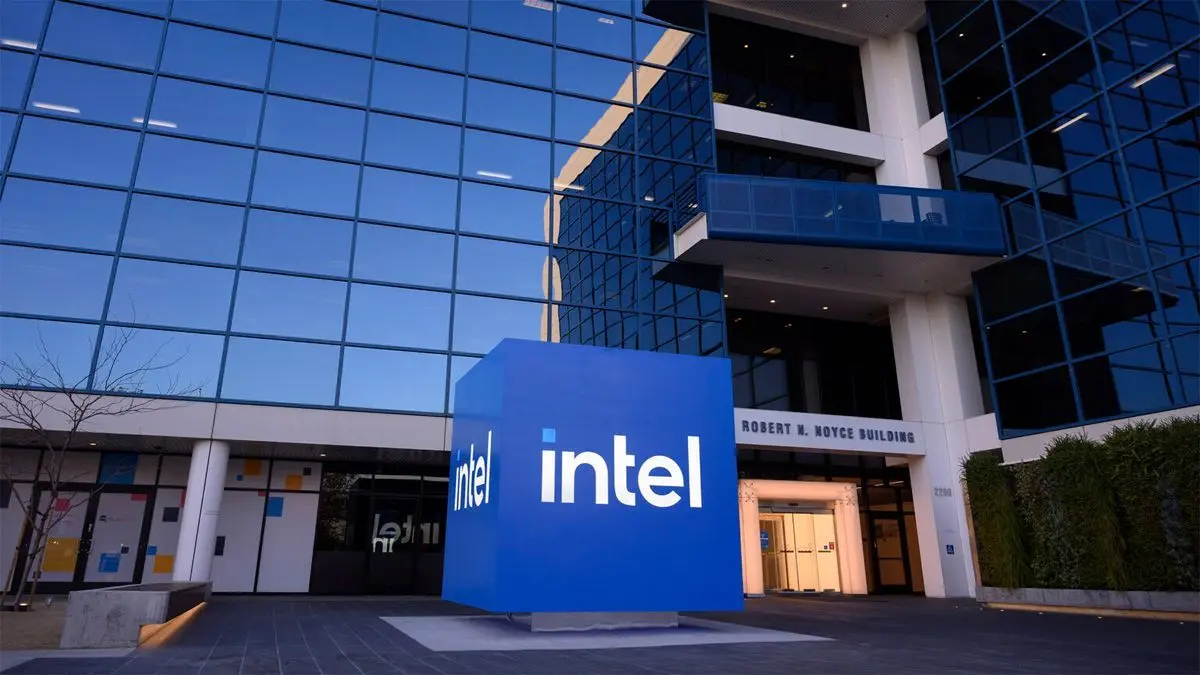
US Government Acquires 10% Stake in Intel: A Controversial Move Sparking Debate
23 Aug 2025•Business and Economy
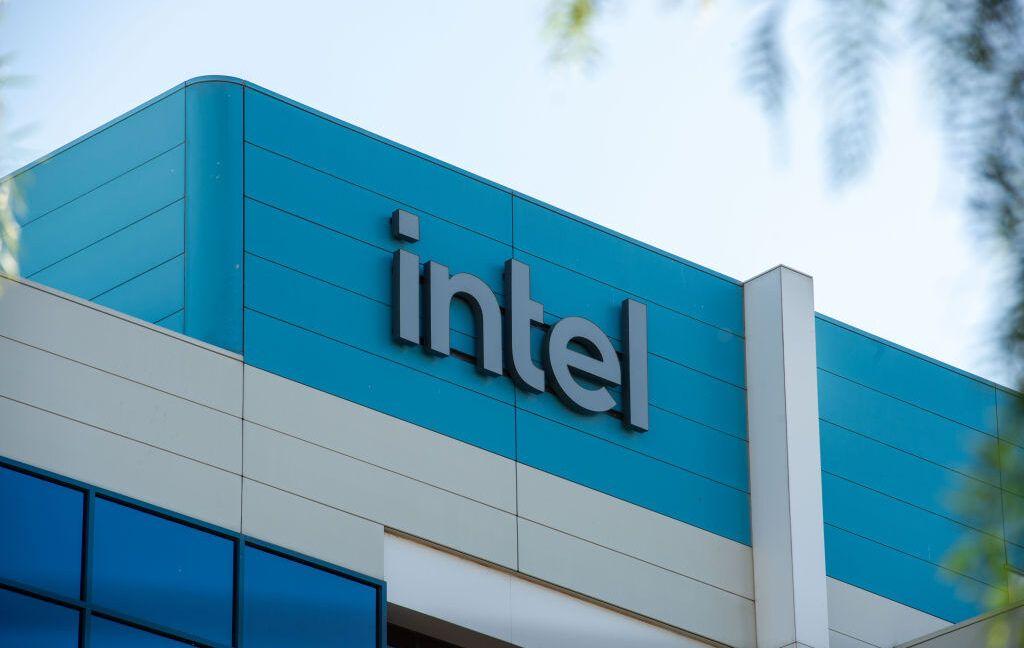
White House Signals Potential Government Stakes in Chip Companies and Other Industries
25 Aug 2025•Business and Economy
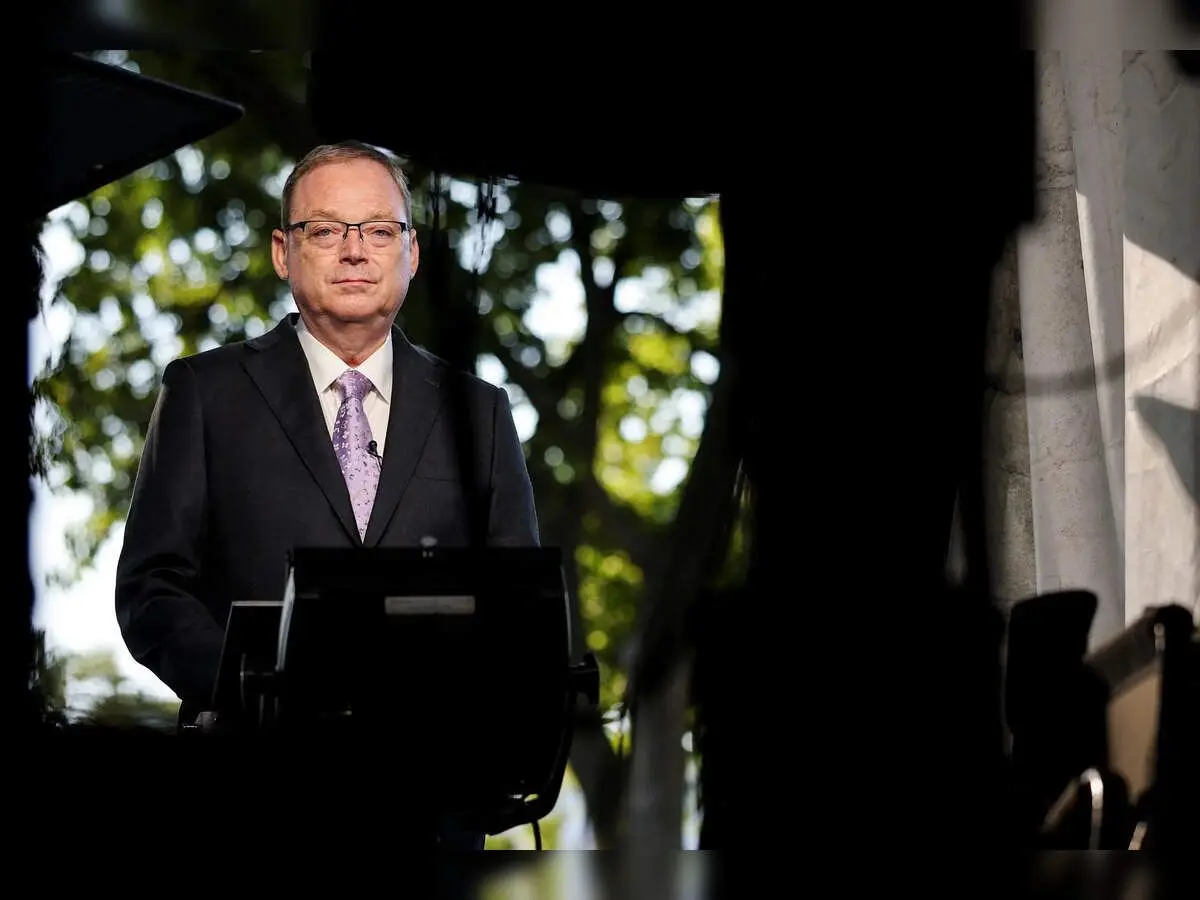
Recent Highlights
1
Anthropic releases Claude Opus 4.6 as AI model advances rattle software stocks and cybersecurity
Technology

2
University of Michigan's Prima AI model reads brain MRI scans in seconds with 97.5% accuracy
Science and Research

3
UNICEF Demands Global Crackdown on AI-Generated Child Abuse as 1.2 Million Kids Victimized
Policy and Regulation

